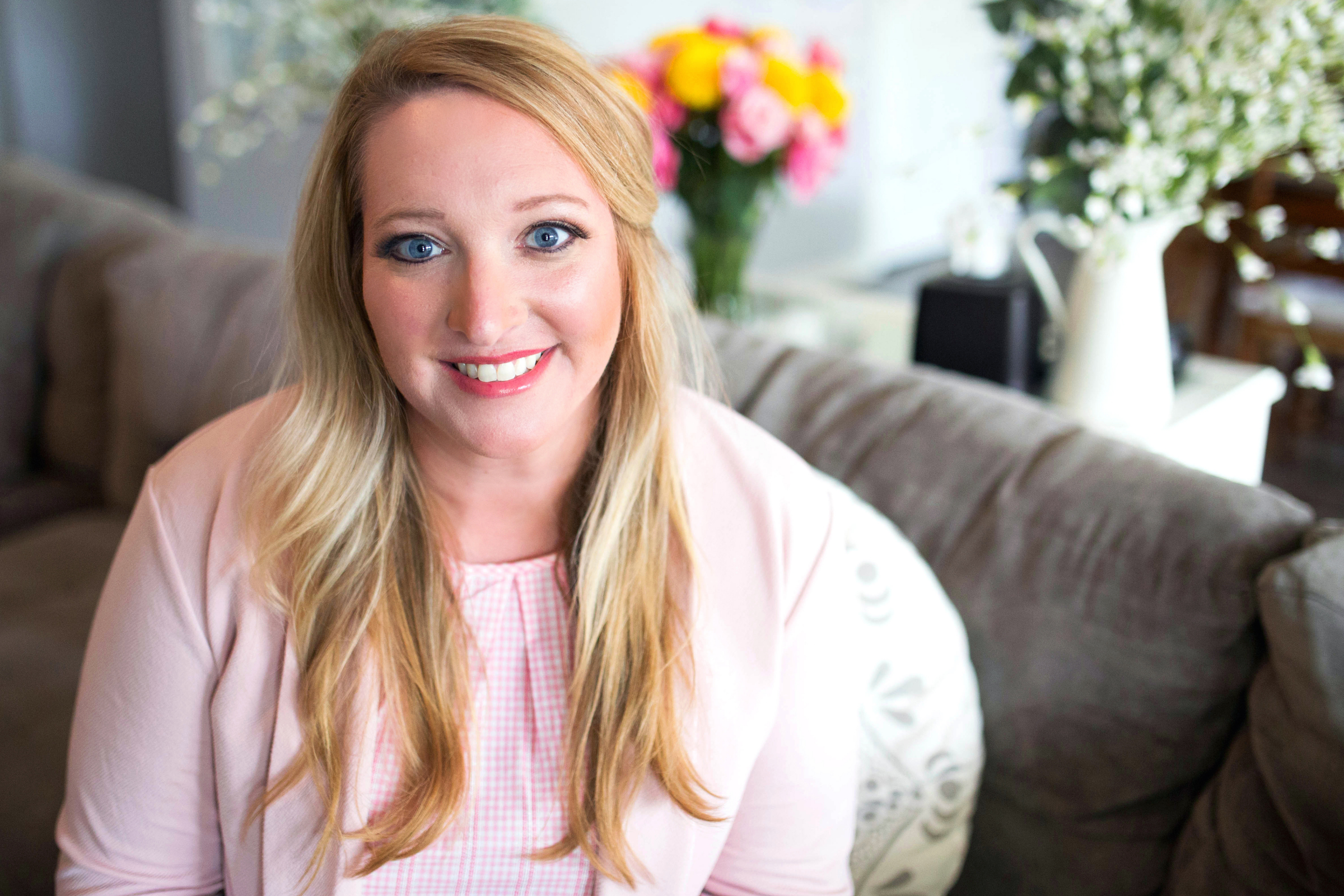
It’s been a rough day. Things didn’t go well. A meeting didn’t go as planned. You were passed over for a promotion. A contract fell through.
What’s the next thought that runs through your mind?
> I failed
or
> I’m a failure
It’s a subtle difference. But it’s important. Read more for tips on how to stop taking things personally and create emotional space between you and the work.
> I failed:
This might seem negative, but as a coach, I look at this phrase and think, “Okay! We can work with this!” Because this is a statement that states something that happened. Not who you are. This is an objective statement (relatively) and while I’d prefer you say “That didn’t work” or “That wasn’t how I expected it to go” or “I learned something NOT to do next time”, this is an example of having some emotional space from your work. I’ll explain what I mean in depth in a moment.
>I’m a failure:
Now, this phrase keeps me up at night. It’s close cousins to “I’m not good enough” and “I’m just not any good at this” and “I don’t belong here”. As a coach, these phrases tell me that you are wrapped up in your work performance. And by you I mean your value, your worthiness, your identity, your SELF. It’s all wrapped up in how well you did at work today. This makes it impossible to stop taking things personally because it IS personal.
So – here’s the truth…
- You are worthy and valuable before you even show up at work.
- Your identity and wholeness is not determined by how well a presentation went or whether or not you signed that account.
By now you may be rolling your eyes thinking this is just another blog about mindset. But I’m talking about what’s underneath your mindset.
The Fuel for Mindset
Imagine that your mindset is like the ground that a plant is rooted in. With a growth mindset, the plant is rooted in ground that allows it to adapt, grow and thrive. But there is key nutrient in the “growth mindset” soil that is SUPER important… SELF-VALUE.
Self-value is your belief that you are inherently doing your best and that you have something of value to contribute to the world – not by what you do or what you know – but by just being who you are!
If self-value/self-confidence is something you struggle with – you aren’t alone. But it also may stand in your way of building (and maintaining) healthy growth mindset and ultimately finding happiness and life satisfaction! If you struggle with this, I can support you in doing some important self-work to develop it!
So – here’s the first step…create emotional space.
Creating Emotional Space
Emotional space is my phrase for finding a healthy distance between what is happening and who you are.
Emotional Space = The healthy distance between what is happening and who you are
So let’s practice finding emotional space: Read through this exercise, and then close your eyes and complete it. Note that I am going to shift to third person pronouns of she/her/hers – please substitute your personal pronouns because I’m referring to YOU but indicating space between you as ‘observer’ (you) and you as ‘experiencer’ (she/her/hers).
While closing your eyes, imagine your spirit floating away and outside your body so that you are not in your body but rather observing it.
What do you see?
What is she experiencing?
How are her experiences impacting her?
What is going on around her?
What new perspective do you have from here?
How does this perspective inform how you want to move forward?
Okay – that’s a simple beginning to finding some emotional space when you need it.
Here’s the connection: Emotional space helps you stay connected to your inherent self-value while you are experiencing negative events and even failure.
SHE may be experiencing something really challenging – even a moment of failure.
But YOU are still worthy, competent, creative, valuable, etc. etc. etc.
Stop Taking Things Personally
By actually dissociating a bit, you can stop taking things personally, remain in your place of self-value and then look at and reflect on the situation with a growth mindset.
By another name, this process is called mindfulness.
So – this is how you start the journey toward more emotional space and ultimately more resilience, peace, and satisfaction with your work – even on the rough days.

Leave a Reply